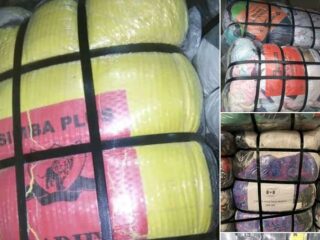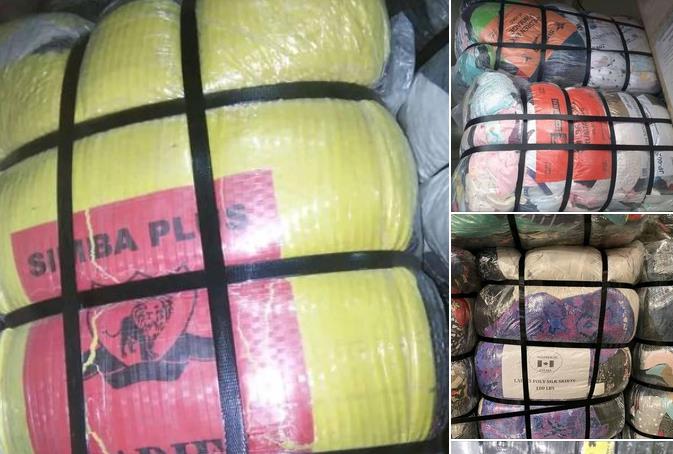Today I want to discuss the issue of Real Estate Investment Trusts (REITs). A REIT allows you to investment in real estate without the need to own property.
A REIT is a collective investment scheme just like unit trusts. However, a REIT invests mostly in real estate assets. A collective investment scheme allows different investors to pool funds which are centrally and professionally managed.
There are many types of REITs but I will focus on Income-REITs (I-REITs) because it is simple to understand the concept.
When you invest in an I-REIT you will be earning the rental income and other income from the assets held by the REIT. If the REIT is listed at the NSE you will also benefit from capital gains in case the price rises past your entry point. In a REIT you don’t need millions to start investing in real estate. You can invest whatever amount you can afford.
The I-REIT differs from stocks because distribution of income is guaranteed and the timing of the distribution is certain. For example in the case of Fahari I-Reit which is listed on the NSE, it is required to distribute at least 80% of the distributable income (net profit). This is paid on or before the 30th of April.
The distributable income can change from year to year due to changes in occupancy of the rented property. But unitholders will be assured of getting 80% of whatever distributable income is realised.
This differs from stocks since companies aren’t mandated to pay dividends every year even after making profits. Also, the dividend payout ratio is not prescribed for shares. It is up to the company to decide how much of the profits to pay out as dividends if at all. The timing of the payment is also not prescribed.
The main risk involved in REITs is capital losses. This can happen if the price falls below your entry point. However, such losses aren’t permanent since the market prices are always moving up and down over time. For instance, when Fahari I-REIT was listed in 2015 investors paid KShs 20 per unit. A unit is closed today trading at KShs 6.60 in terms of Volume Weighted Average Price. At some point in the past it even fell below KShs 5 per unit.
Income might also decline in the years when the REIT experiences prolonged vacancies. For instance, Fahari I-REIT suffered when Tuskys which was the anchor tenant of their Greenspan Mall closed shop in 2020. Late last year, Naivas took over the space and is the current anchor tenant. The loss of the anchor tenant did not mean total loss in income since other tenants remained. The REIT has also invested in three other properties.
Another challenge with REITs are the high professional fees paid to the various professionals involved. In the case of Fahari, ICEA as the Asset Managers were paid KShs 70 million last year out of the KShs 298 million rental income. Cooperative Bank was paid KShs 26 million as the trustee. There are also property managers and other expenses to be paid out.
Unitholders were paid a mere KShs 90 million which is just 30% of the rental income. Remember the distributable income is different from rental income since distributable income is what remains of the rental and other income after offsetting the expenses. Simply put distributable income is net profit.
The situation is expected to be much better this year as the Fahari I-REIT has recorded a 104% rise in net income for the half year to June 2022 following the onboarding of a new anchor tenant at the Greenspan Mall. There are also plans to restructure the REIT in order to increase the returns.
Currently, there is only one REIT listed on the NSE but there is also the Acorn REITs trading on the Unquoted Securities Platform. This is a challenge since investors would be happier if there were more listed REITs so that they can diversify and also compare returns.
All in all, REITs allow you to invest in real estate without the hassles of owning property. REITs are professionally managed and regulated by CMA hence lower risks involved. REITs are liquid assets since you can buy and sell the units whenever you wish. Investing in REITs is also a way of diversifying your portfolio.























